The auto industry is notorious for its secrecy and high stakes. But what happens when insiders break their silence? These revelations might make you think twice before your next visit to the dealer. Are consumers truly aware of what happens behind the scenes?
1. Charging for New Parts but Installing Used Ones

Image Credit: Shutterstock / worawit_j
Some unethical body shops charge customers for new OEM parts but install used or aftermarket parts instead. Insiders recommend always asking for documentation to verify the parts used in your repair, as many shops exploit this tactic to increase profits. It’s estimated that this practice could be inflating repair bills by up to 20%, costing consumers millions annually.
2. Cozy Relationships with Insurance Adjusters

Image Credit: Shutterstock / chomplearn
Many body shops build relationships with insurance adjusters by offering free services, compromising their obligation to the customer. This often leads to shops agreeing to use cheaper, substandard parts without informing the car owner, thereby jeopardizing the vehicle’s integrity and safety. Such relationships can skew repair costs and impact insurance premiums, with a reported 15% increase in insurance costs due to these unethical practices.
3. Safety Test Mishandlings by Top Automakers

Image Credit: Shutterstock / Muhammad Alimaki
Japanese giants like Toyota, Honda, and Mazda have admitted to flaws in their safety testing procedures, affecting models like the Toyota Yaris Cross. This has significant implications for consumer safety and trust, as well as the companies’ reputations. An estimated 50,000 vehicles are impacted by these discrepancies, leading to recalls and halted shipments.
4. Pressuring Customers to Use “Preferred” Shops

Image Credit: Shutterstock / Gumbariya
Insurance companies frequently push customers towards their “preferred” body shops, which might cut corners to keep costs low. Insiders warn that this practice can lead to subpar repairs and advise customers to know their rights and choose a shop they trust, even if it’s not on the insurer’s list. This coercion can result in increased out-of-pocket expenses for consumers, who might pay 10-15% more for quality repairs elsewhere.
5. Inadequate Airbag Safety Alerts
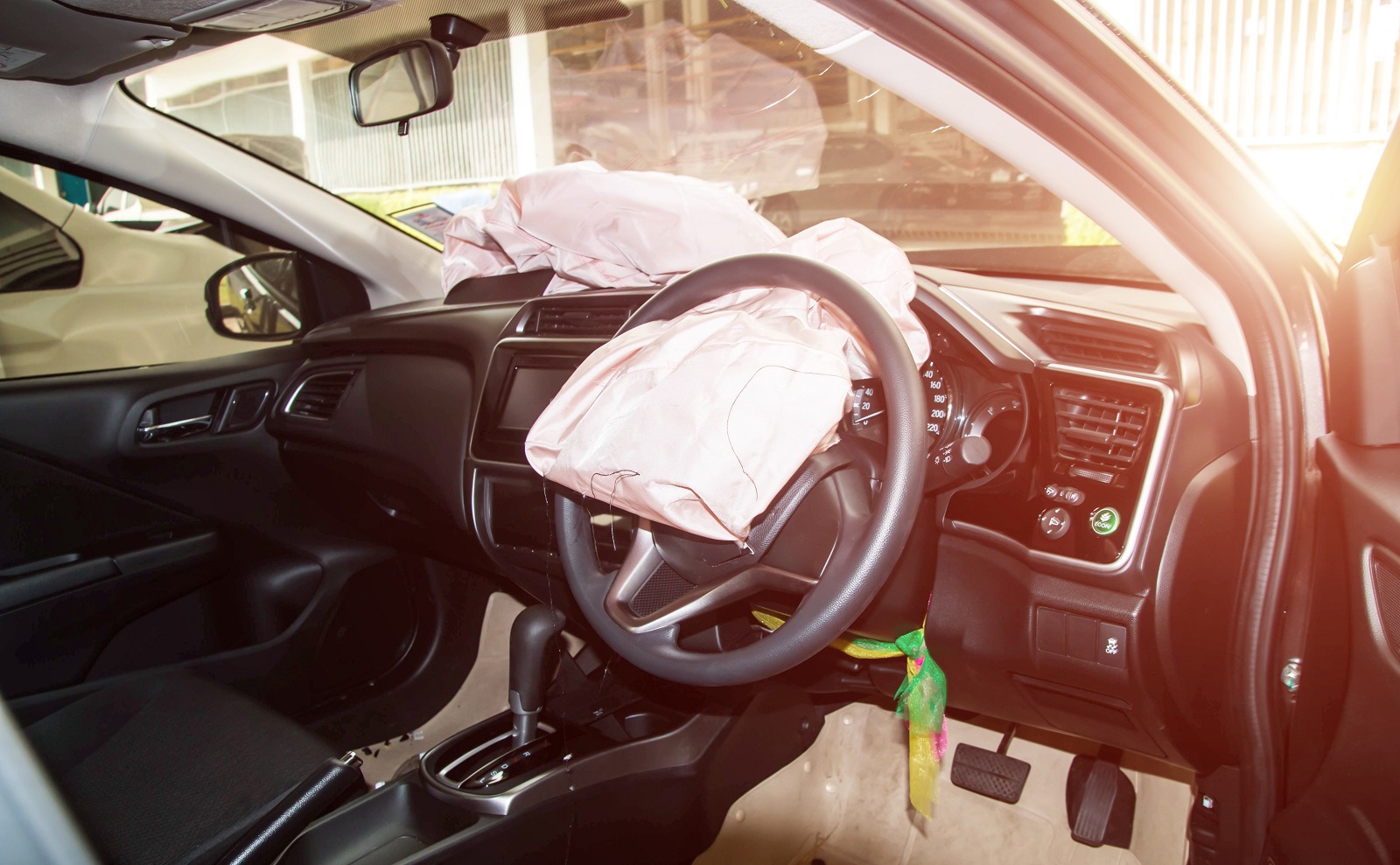
Image Credit: Shutterstock / Sippapas somboonkarn
Toyota has recently issued a “do not drive” advisory for certain models with Takata airbags at risk of exploding, urging immediate repairs. This highlights the ongoing issues with airbag safety across the industry, affecting millions of cars globally and raising concerns about regulatory oversight. The Takata airbag recall alone has impacted over 41 million vehicles and cost the industry billions in recall expenses.
6. EV Demand Overestimation

Image Credit: Shutterstock / Gorodenkoff
The auto industry overestimated the demand for electric vehicles this year, leading to a scramble as companies face unsold inventory. This miscalculation has significant financial implications, with some companies reporting a 20% drop in expected sales. The overestimation is partly due to high production costs and insufficient consumer incentives, leaving manufacturers with unsold EVs worth hundreds of millions.
7. Fake Emission Test Results
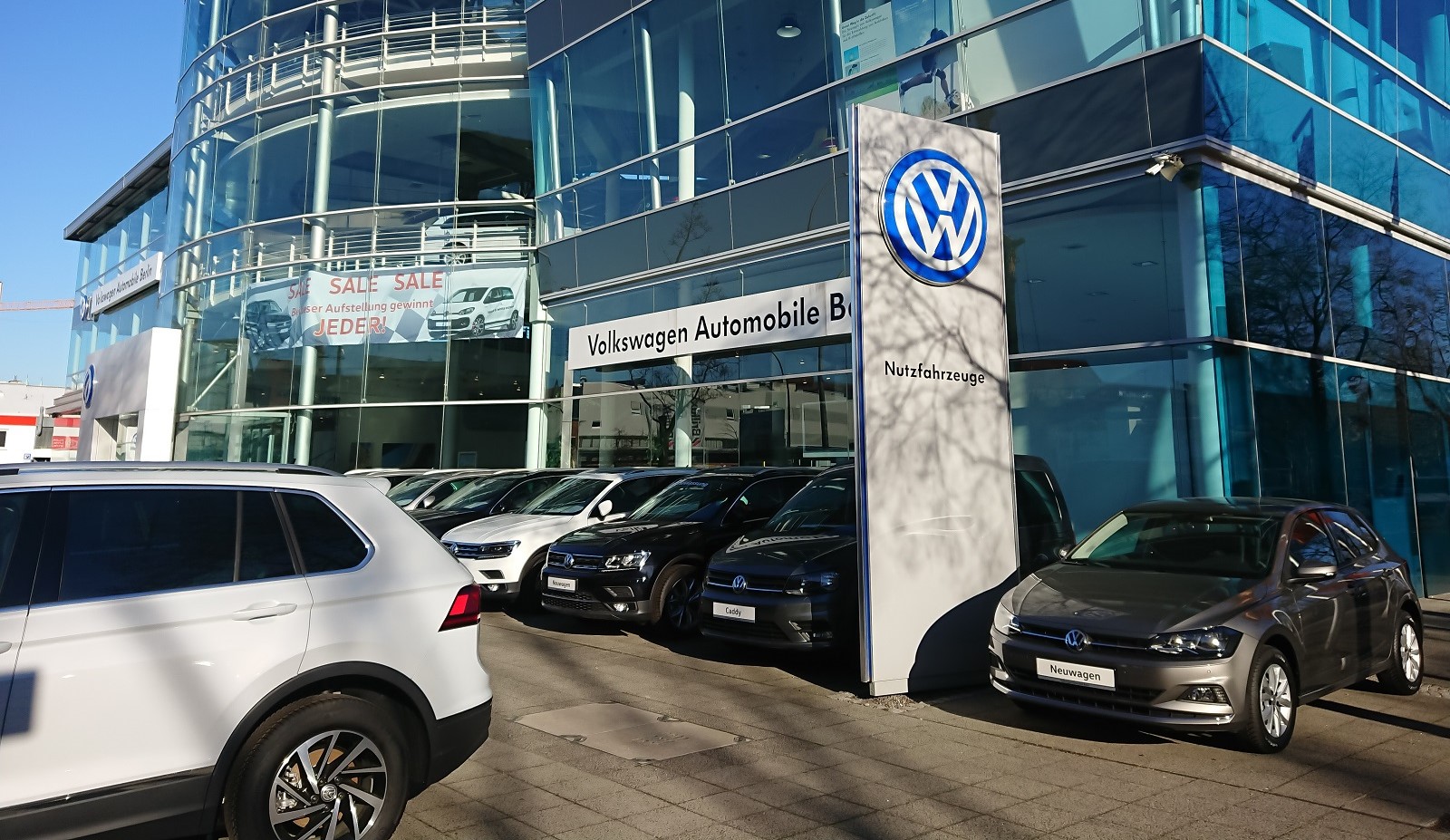
Image Credit: Shutterstock / Cineberg
In the aftermath of Dieselgate, several automakers have been caught manipulating emissions data to meet regulatory standards, affecting their credibility and legal standing. This has led to hefty fines and recalls, with Volkswagen alone facing fines exceeding $30 billion. The scandal has also eroded consumer trust and led to stricter emissions regulations globally.
8. Overpricing Common Repairs

Image Credit: Shutterstock / Drazen Zigic
Many dealerships and repair shops overcharge for common services, banking on the customer’s lack of knowledge. Insiders suggest getting multiple quotes and doing some research before approving repairs to avoid being overcharged by up to 50% on certain services. This overpricing can lead to unnecessary expenses totaling billions annually for U.S. car owners.
9. Cutting Corners in Vehicle Manufacturing

Image Credit: Shutterstock / KOTL
Some manufacturers cut corners in the production process to save costs, which can compromise vehicle safety and longevity. This practice has resulted in numerous recalls and safety issues, impacting consumer trust and leading to significant financial losses for the companies involved. It’s estimated that these shortcuts could save manufacturers up to 10% in production costs but cost them much more in recalls and lawsuits.
10. Pressure on Workers to Meet Unrealistic Deadlines

Image Credit: Shutterstock / Gorodenkoff
Employees in the auto industry often face intense pressure to meet production deadlines, sometimes leading to burnout and mistakes. This high-pressure environment can result in lower-quality vehicles reaching the market, potentially endangering consumers. Labor issues in the industry have also led to strikes and production halts, costing the industry billions in lost revenue.
11. Concealed Defects to Avoid Recalls
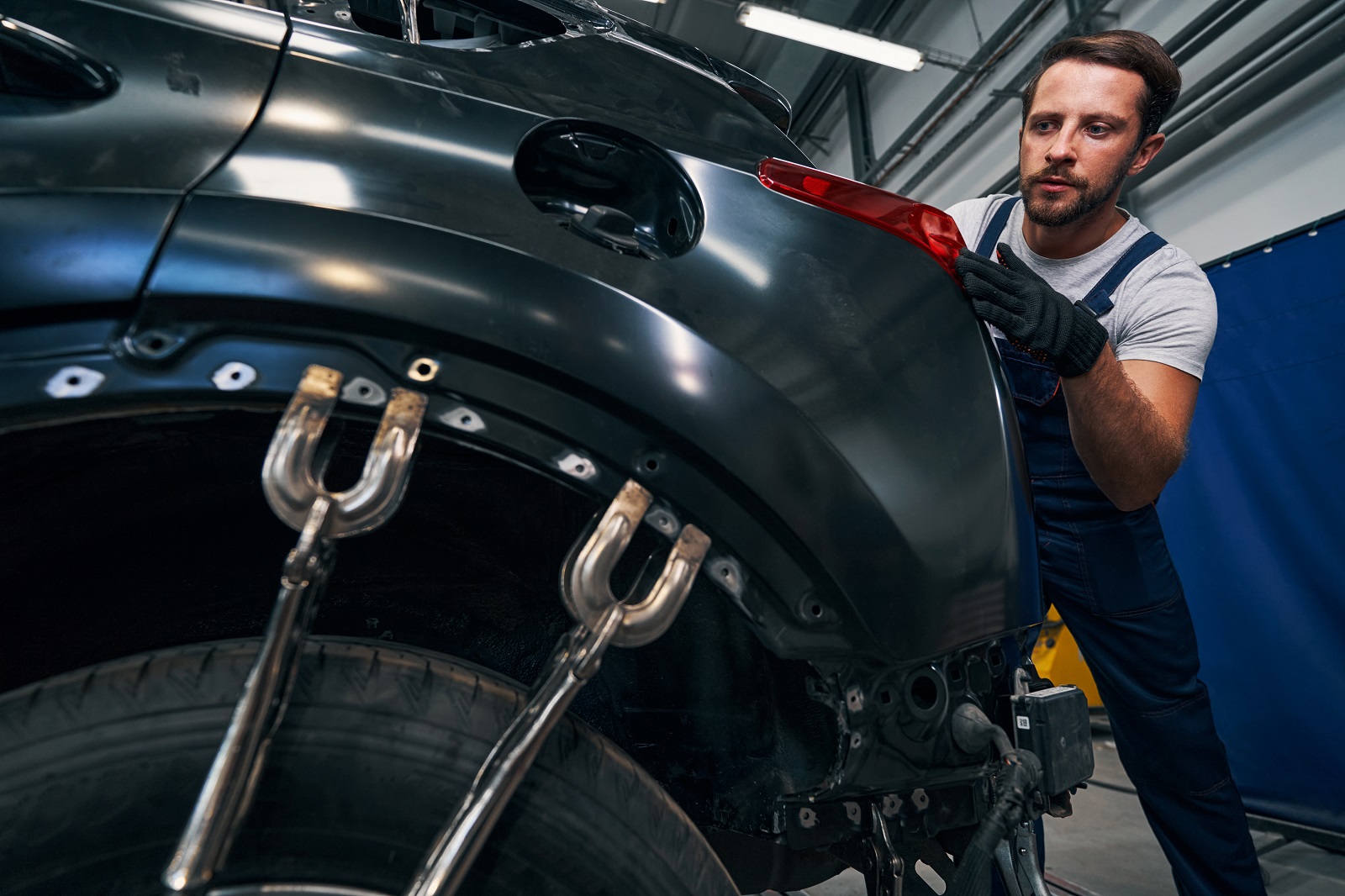
Image Credit: Shutterstock / YAKOBCHUK VIACHESLAV
Automakers have sometimes concealed known defects to avoid costly recalls. This practice can endanger drivers and has led to lawsuits and massive fines when discovered. The GM ignition switch scandal, for instance, resulted in a $2.5 billion settlement and multiple fatalities.
12. Misleading Fuel Efficiency Claims

Image Credit: Shutterstock / Dragana Gordic
Some manufacturers have been found guilty of inflating fuel efficiency claims to attract buyers. These deceptive practices can cost consumers more in fuel than anticipated and damage brand reputation when the truth is revealed. The Hyundai and Kia fuel economy lawsuits led to a $100 million settlement and billions in fines.
13. Data Collection Without Consent

Image Credit: Shutterstock / Aleksandar Malivuk
Modern vehicles collect vast amounts of data on drivers, often without their explicit consent. This data can be sold to third parties, raising significant privacy concerns. A report found that 90% of new cars have data-tracking capabilities, potentially affecting millions of drivers.
14. Poor Handling of Recalls

Image Credit: Shutterstock / F01 PHOTO
Some automakers are slow to respond to recalls, leaving dangerous vehicles on the road. This delay can lead to accidents and fatalities, as seen in the delayed recall of Takata airbags. Over 15 deaths have been linked to these airbags, emphasizing the critical need for prompt action.
15. Underreporting Workplace Injuries

Image Credit: Shutterstock / Ekkasit A Siam
Auto manufacturers often underreport workplace injuries to maintain a clean safety record. This practice endangers workers and can lead to inadequate compensation for injured employees. OSHA has fined multiple auto plants for safety violations and underreporting incidents.
16. Exploitation of Temporary Workers

Image Credit: Shutterstock / Nuttapong punna
To cut costs, some manufacturers rely heavily on temporary workers who receive lower pay and fewer benefits. This workforce faces higher injury rates and less job security. Temporary workers make up about 30% of the auto manufacturing workforce, highlighting a significant labor issue.
17. Non-Disclosure of Hazardous Materials
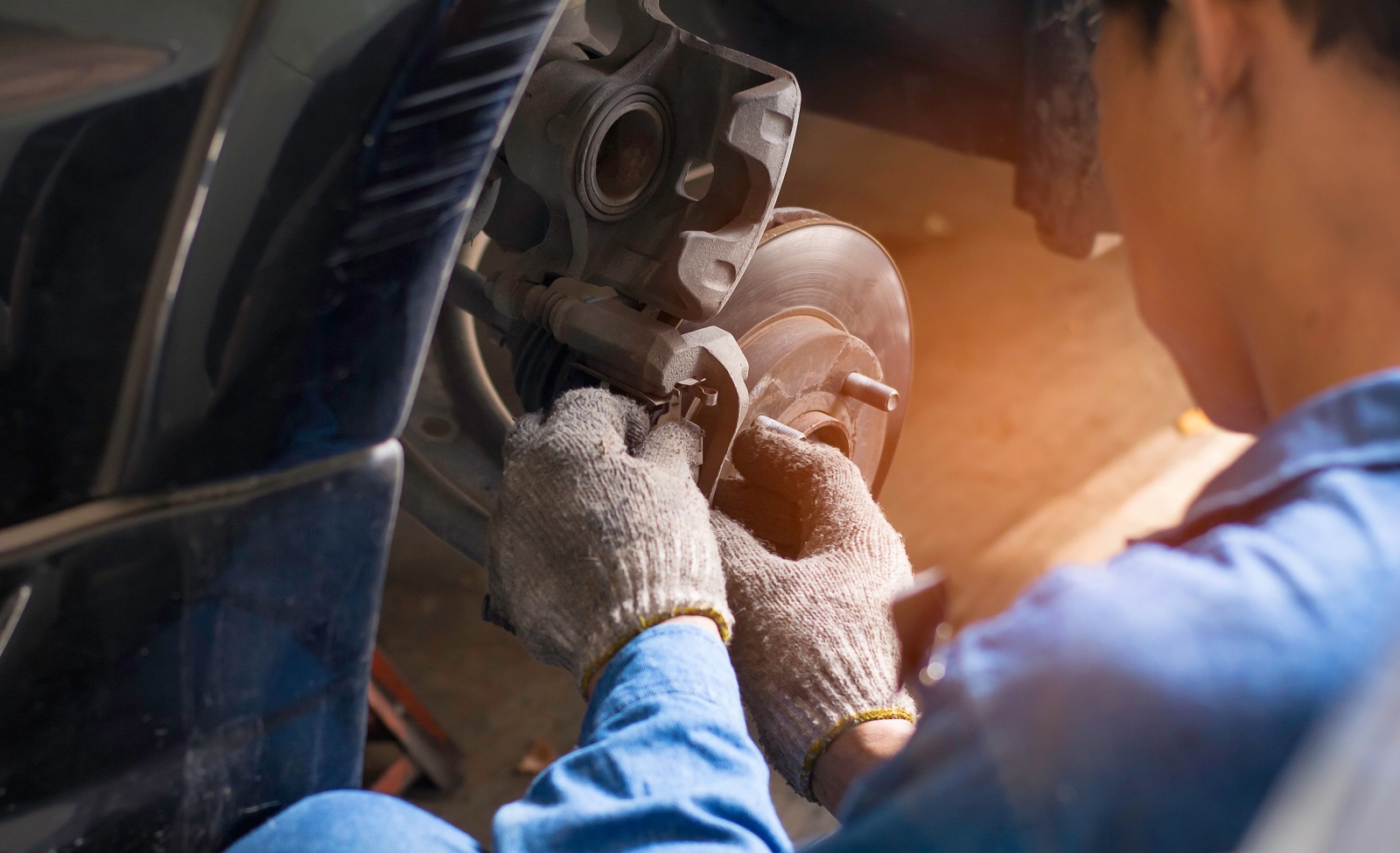
Image Credit: Shutterstock / CC7
Certain vehicles contain hazardous materials that are not disclosed to consumers. This lack of transparency can pose health risks during maintenance and accidents. Asbestos, for example, has been found in brake pads and clutches, leading to mesothelioma in mechanics.
18. Excessive Executive Compensation

Image Credit: Shutterstock / Inside Creative House
Despite financial struggles, many auto executives receive exorbitant salaries and bonuses. This disparity raises ethical concerns, especially when employees face layoffs and pay cuts. In 2020, the CEO of General Motors earned over $23 million while the company underwent significant restructuring.
19. Lobbying Against Safety Regulations

Image Credit: Shutterstock / Gorodenkoff
Automakers often lobby against stricter safety and environmental regulations to protect their profits. This resistance can delay essential reforms that improve vehicle safety and reduce emissions. The auto industry spends millions annually on lobbying efforts, impacting policy decisions.
20. Lack of Support for Vehicle Owners

Image Credit: Shutterstock / imtmphoto
When defects are discovered, manufacturers can be slow to provide support or compensation to affected vehicle owners. This negligence leaves consumers bearing the brunt of repair costs and safety risks. Consumer advocacy groups have called for stronger protections and faster response times from automakers.
21. Impact on Environment from Manufacturing Processes

Image Credit: Shutterstock / ignature Message
The environmental impact of vehicle manufacturing is often downplayed, with significant emissions and waste generated during production. Efforts to “greenwash” practices can mislead consumers about the true ecological footprint of their vehicles. The auto industry is responsible for about 20% of global industrial emissions, underscoring the need for more sustainable practices.
Whistle Blown

Image Credit: Shutterstock / Max kegfire
These confessions reveal a side of the auto industry that is often hidden from consumers. Staying informed and vigilant is crucial to ensure you’re getting the quality and safety you expect from your vehicle. By understanding these insider secrets, consumers can better navigate the complexities of car ownership and repair, safeguarding their investments and well-being.
Police Magnet: 7 Cars That Guarantee You’ll Get Pulled Over

Image Credit: Shutterstock / sirtravelalot
Driving certain cars can make you more noticeable to law enforcement, even if you’re abiding by all the rules. Are you driving one of these “police magnets”? Here are seven cars that seem to attract more police attention than others. Police Magnet: 7 Cars That Guarantee You’ll Get Pulled Over
The Classic Cars That Were Total Clunkers

Image Credit: Pexels / Pixabay
Nostalgia has a funny way of making the past seem better than it was, especially when it comes to cars. But here’s the hard truth: some of those “classic” cars your dad raves about were real clunkers. Here’s a closer look at why some of those so-called “classics” weren’t all they were cracked up to be. The Classic Cars That Were Total Clunkers
The Worst U.S. Cars Ever Made: A Retro List
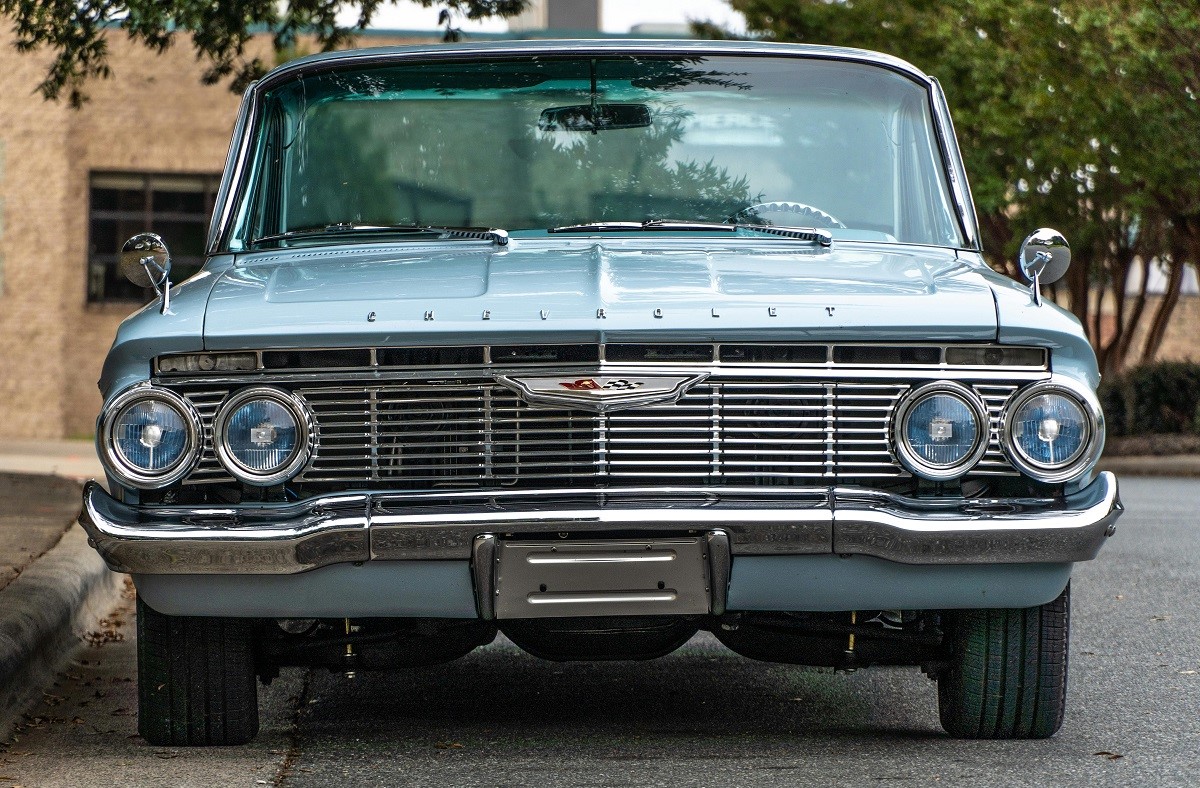
Image Credit: Pexels / Be The Observer
The U.S. auto industry has produced some incredible vehicles, but not every model was a hit. Here’s a look back at 16 of the worst cars ever made in the U.S., each infamous for its own unique flaws. The Worst U.S. Cars Ever Made: A Retro List
Featured Image Credit: Shutterstock / Frame Stock Footage.
For transparency, this content was partly developed with AI assistance and carefully curated by an experienced editor to be informative and ensure accuracy.
The images used are for illustrative purposes only and may not represent the actual people or places mentioned in the article.



